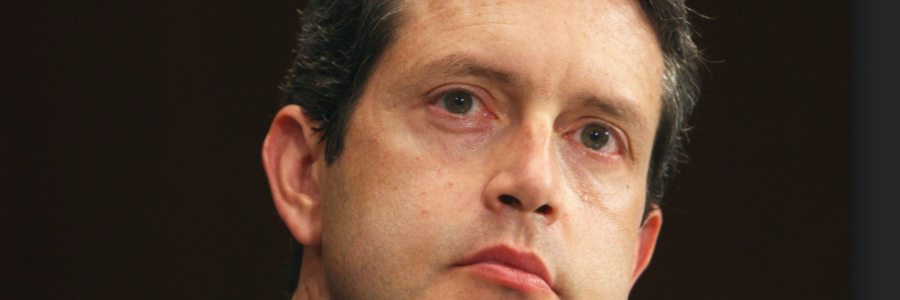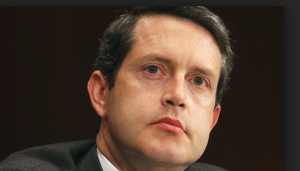
Global Watchdogs wants closer scrutiny of Facebook on Libra

Facebook’s dreams of launching a new virtual currency have hit the buffers as two more financial regulators including International Financial Stability Board and the UK’s Financial Conduct Authority said yesterday they were paying close attention to the social media company’s plans. The regulators would not allow the world’s largest social network to launch its planned digital currency without close scrutiny.
Facebook is hoping to upend the global payments markets with its new currency, called Libra, which the company will offer instantaneous and almost cost-free transactions as the company is working with internet and payment groups including Uber, Lyft, Visa and Mastercard, each of which has pledged to invest $10m in the project.
Top brasses at Facebook were hoping the company would be able to operate without the kind of strict international regulation encountered by banks and other payments companies. FSA, FCA have joined the Bank of England and the G7 in warning that might not be the case.
Randal Quarles, the head of FDB and Vice-chairman of US Federal Reserve in charge of banking oversight, warned of the potential risks posed by digital currencies that become widely used. Quarles in a letter said “ Though cyrptoassets do not currently pose a risk to global financial stability, gaps may occur where cryptoassets fall outside the scope of regulators’ authority or from the absence of international standards. A wider use of new types of cryptoassets fpr retail payment purposes would warrant close scrutiny by authorities to ensure that they are subject to high standards of regulation. The FSB and standard setting bodies will monitor risks very closely and in a co-ordinated fashion, and consider additional multilateral responses as needed.”
The warnings comes less than a week after Mark Carney, the governor of the Bank of England, said that if Libra was successful in attracting users “ It would instantly become systemic and will have to be subject to the highest standards of regulation”.
